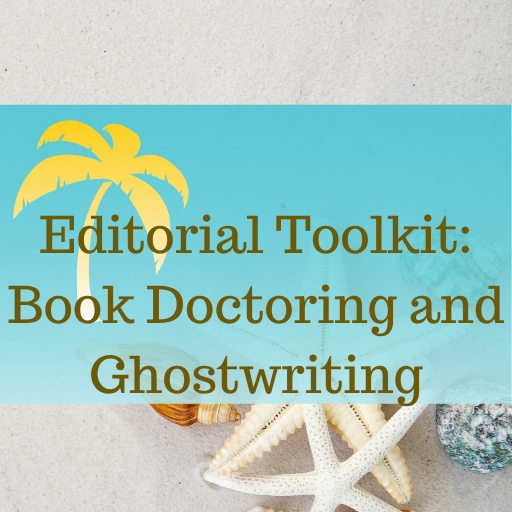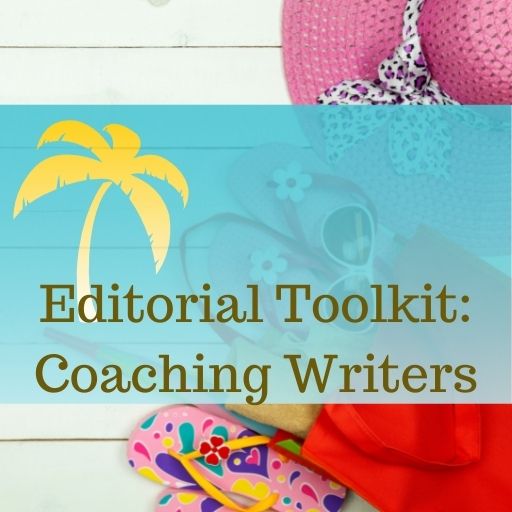Excuse-Busting Marketing
My excuse-busting marketing method has been highly successful in helping potential author clients decide whether to get their books edited and published.
Excuse-Busting Marketing: How to Help Authors Get Ready for Editing
If you’ve hung around here for a while, you know that I’m a big fan of finding clients who already know they want to work with an editor but just aren’t sure which one. This makes turning them into clients so much easier! All you have to do is show why you’re the one.
If a writer is convinced they can go on to fame and fortune without hiring a developmental editor, I won’t waste my precious life trying to convince them otherwise. Maybe they will go on to fame and fortune without me. How do I know?
But I do sometimes get clients who are on the fence, just by busting their excuses. Or, in sales-speak, “overcoming objections.” But unlike a used car salesman, I’m looking for objections that are not about the service I’m offering (a common objection in this vein is, “I can’t afford it”).
Instead, I’m talking about addressing the challenges authors routinely have in their writing lives. I bust their excuses (so to speak) by showing how I can help them solve those problems.
You can also use excuse-busting to get more clients.
Here’s an example: “I don’t have time to write.”
It’s a very common frustration among writers. But instead of nodding and saying, “Yeah, too bad. Let me know when you do find time to finish that draft, and I’ll edit it for you,” you could help them solve this problem.
- You could say, “I’ll write it for you.”
- You could say, “I’ll be your accountability partner.”
- You could say, “I’ll coach you in using your time more effectively.”
These aren’t, strictly speaking, editing jobs, but they are jobs that many editors can do well. Once you’ve helped the author bust their excuses (and – this is key – have gotten paid for it!), you might also be able to do an edit on their project since your efforts have now helped them finish it.
Even if not, you’ve at least earned some bucks and sharpened your skills.
Tips for Editors & Writers
The Fine Art of Copyediting Fiction
When copyediting fiction, it’s common to run up against issues that pit author preference against standard editing approaches. For example, in a story I wrote some years ago, the main character’s neighbor is referred to as “3-B” as that is her apartment number and the MC doesn’t know her name. Fine. She can be referred…
Let the manuscript teach you how to edit it
One of the lessons I’ve learned over many years of editing is that you have to let the manuscript teach you how to edit it. Every manuscript is different and every manuscript needs a different touch. Even when an author does something I’ve seen many times before, I have to edit for that particular manuscript,…
Helping Authors Strengthen Story Settings
The setting of a novel consists of multiple elements, big and small, that nest inside each other like those little Russian dolls. We might show this hierarchy of settings like so: If you think about it, the micro setting of “the living room of 601 San Mateo Road Apartment 16” implies the existence of all…
Join the Club!
New to story editing? Begin at the beginning.





